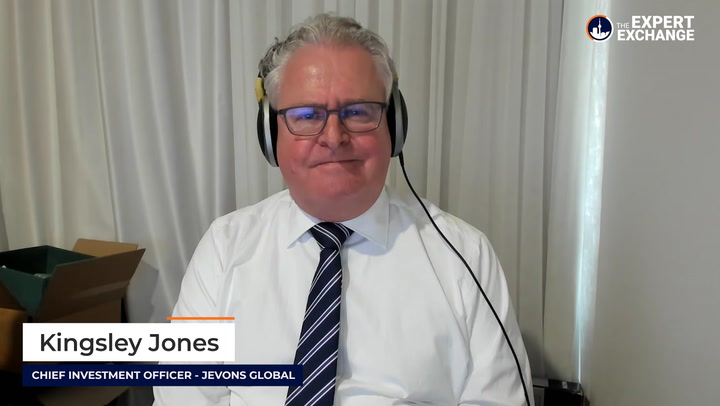- The value of Chinese investment in Australia has declined, as has the number of Chinese investors, with the future for investment being mixed and uncertain
- The value of investments fell to $2.5 billion in 2020 from $3.4 billion in 2019, new research from KPMG and The University of Sydney found
- A survey of 75 Chinese senior executives for the research found that the vast majority stated the political environment made investors more cautious
- Nearly half of the surveyed executives claimed they had suffered negative consequences from the worsening relations between Australia and China
- Mining received the most investment, followed by commercial real estate, with NSW getting the lion’s share of investment
Chinese investment in Australia decreased in value and numbers with the outlook for future investment mixed and uncertain.
The value of investments fell 26.8 per cent to $2.5 billion in 2020 from $3.4 billion in 2019, the lowest level since 2007, new research from KPMG and The University of Sydney found.
The number of agreements fell by more than half, from 42 in 2019 to 20 in 2020.
The decline in investment occurred against the backdrop of the COVID-19 pandemic and a deteriorating of bilateral diplomatic ties between Australia and China, and greater government interference in foreign investment in both countries.
The biggest transaction of 2020 by Chinese investors was the purchase of a commercial real estate asset in Sydney — 45 Clarence Street — by Peakstone for $530 million, followed by Shangdong Gold’s acquisition of Cardinal Resources for $395 million.
KPMG head of Asia & international markets Doug Ferguson said Chinese investment in Australia has been falling steadily since 2016.
“This appears to be a trend with no obvious change in sight,” he said.
“The decline in Australian investment reflects a number of factors, including a shift in priorities for Chinese global SOE investment (and Chinese regulators) away from OECD countries, the obvious impacts of COVID-19 travel restrictions and much tighter regulatory scrutiny in Australia reflecting political and public sensitivity.
“We are now seeing mostly private sector investment consolidating towards smaller deal sizes in less sensitive sectors and projects targeting domestic demand.”
Mr Ferguson said the outlook is mixed and uncertain and predicted that growth would remain muted.
A survey of 75 Chinese senior executives for the research found the vast majority stated the political environment of 2020 made investors more cautious.
Nearly half of the surveyed executives claimed they had suffered negative consequences from the worsening relations between Australia and China.
Mining received the most investment, accounting for 37.6 per cent of total Chinese investment, followed by commercial real estate, which accounted for 36.1 per cent, the report found.
The services sector accounted for 21 per cent of investment, with food and agriculture (4 per cent) and healthcare (1.3 per cent) also making an appearance. Renewable energy, energy (oil and gas), and infrastructure did not get any investment.
New South Wales continues to receive the lion’s share of Chinese investment, accounting for little under half (49 per cent) of total investment at $1.246 billion.
Western Australia got the second-largest share of Chinese investment, followed by Victoria. Queensland was the only other state to receive investment.
Privately owned businesses accounted for 62 per cent of investment value and 85 per cent of deal volume, outnumbering state-controlled businesses.
Co-author Professor Hans Hendrischke, Professor of Chinese Business & Management at the University of Sydney Business School, said there has been greater government interference in foreign investment.
“New powers under the national security test appear to signal increased government intervention in foreign investment, and substantial increases to Foreign Investment Review Board (FIRB) application fees and penalties for non-compliance suggest a change in philosophy with FIRB taking on a greater watchdog role,” he said.
“Several investment projects were rejected under the new legislation. However, Chinese investors continue to view Australia as a safe economic environment and the majority of the executives we surveyed said that their headquarters in China remained supportive towards their Australian operations.
“Chinese executives are aware of the need for long-term strategic efforts in building policy and stakeholder support for Chinese investment in Australia, and foreign investment in general.”








